Google expands AI model application platform for agriculture from India to Vietnam
On October 24, Google announced the expansion of application programming interfaces (APIs) of its AI models to the Asia- Pacific region, including Vietnam, Malaysia, Indonesia, and Japan. This is the model that Google first deployed in India to support the resilience of the agricultural sector.
These free APIs use remote sensing and machine learning to provide local agriculture ecosystems with insights that help develop simple, cost-effective, and targeted agriculture solutions.

Illustration of AMED API data interface_ Satellite map showing different types of crops (wheat, rapeseed, corn...) automatically recognized by AI, along with detailed information about each field such as area and planting history. (Photo: Google)
The Agricultural Landscape Understanding (ALU) API helps identify the boundaries of fields, rivers, and vegetation zones, thereby organizing and systematizing agricultural information. The Agricultural Monitoring and Event Detection (AMED) API, built on the ALU API, provides important insights at the level of each individual field sample, including the most common crops and their sowing and harvesting times.
In addition, AMED API continuously updates data (about every 15 days), helping to promptly detect agricultural events in each field across the entire agricultural landscape of a country.
Together, these two models will provide essential insights and data that serve as the foundation for the agricultural ecosystem to develop precision agriculture tools, optimize resource allocation, and improve farm management practices.
These models are now actively supporting India’s agriculture ecosystem, including startups, government agencies, and local governments.
Nike launches first “motorized” shoe: Project Amplify
Nike has just announced Project Amplify – the world’s first motor-assisted athletic shoe system. Unlike products for professional athletes, this shoe model is aimed at ordinary users, especially everyday walkers and runners.
Like a pedal-assist electric bike, Project Amplify uses a lightweight robotic system to accelerate movement. Nike describes the product as “an extra set of muscles” that helps users go faster and further with less effort.

Designed to mimic auxiliary muscles, Project Amplify delivers a powerful and intelligent mobility experience—like an e-bike for your feet. (Source: Nike)
The shoe is designed like an ankle strap, integrating a motor and rechargeable battery in a compact structure. The product was developed with technology partner Dephy and has been tested with more than 400 users over the past several years.
Nike emphasizes that Project Amplify isn’t for speed record-breakers, but for people running at a moderate pace (10–12 minutes per mile). By “athlete,” the company means anyone with a body who wants to move more efficiently.
Project Amplify is part of a series of new technology projects from Nike, including neuroscience-based shoes and new cooling technology for sportswear. The products are still in the testing phase and are expected to be available to consumers in the next few years.
Apple loses lawsuit in UK over App Store fees, damages 1.5 billion pounds
Apple has lost an antitrust case in the UK over its App Store fees. The Competition Appeal Tribunal has ruled that Apple abused its dominant market position by charging “unfair and excessive” fees to app developers.
The case is being launched as a class action, with around 36 million iOS users in the UK potentially being awarded up to £1.5 billion in compensation. A further hearing will be held to determine how the specific damages will be calculated.

An Apple store in the UK. (Source: Apple)
Apple issued a statement protesting the ruling, saying the court had a “misguided view” of the app market. The company asserted that the App Store is a competitive platform that benefits both developers and users, and emphasized that it would appeal.
The lawsuit comes as Apple faces growing pressure from regulators in Europe. This week, Apple also spoke out against the EU’s Digital Markets Act (DMA). In the UK, the Competition and Markets Authority (CMA) has confirmed that Apple has a “strategic position” in the mobile market, allowing it to intervene to ensure fair competition.
Europe joins forces to confront Starlink
Three leading European aerospace groups – Airbus, Thales and Leonardo – have just signed a memorandum of understanding to merge their satellite businesses, forming a new company called “Project Bromo”. The goal is to create a strategic counterweight to major competitors such as Elon Musk’s Starlink.
Airbus said the new company would “unite and enhance the capabilities” of all three parties, aiming to build a stronger entity in the global space market. The CEOs of the three groups called it a “significant milestone” for the European space industry.
Project Bromo will employ around 25,000 people in Europe and is expected to be operational by 2027, subject to regulatory approval. The company was first announced last year, with the idea of consolidating satellite assets rather than buying them out.
In addition to Project Bromo, Europe also has initiatives such as HydRON – a laser-based satellite network developed by Thales and the European Space Agency, with data transmission speeds of up to 1 terabit/second. Eutelsat also received a 1.35 billion euro investment from the French government to compete with Starlink.
Source: https://vtcnews.vn/cong-nghe-25-10-google-dua-api-ung-dung-mo-hinh-ai-cho-nong-nghiep-den-viet-nam-ar973086.html


![[Photo] General Secretary To Lam meets with General Secretary and President of Laos Thongloun Sisoulith](https://vphoto.vietnam.vn/thumb/1200x675/vietnam/resource/IMAGE/2025/10/25/1761380913135_a1-bnd-4751-1374-7632-jpg.webp)
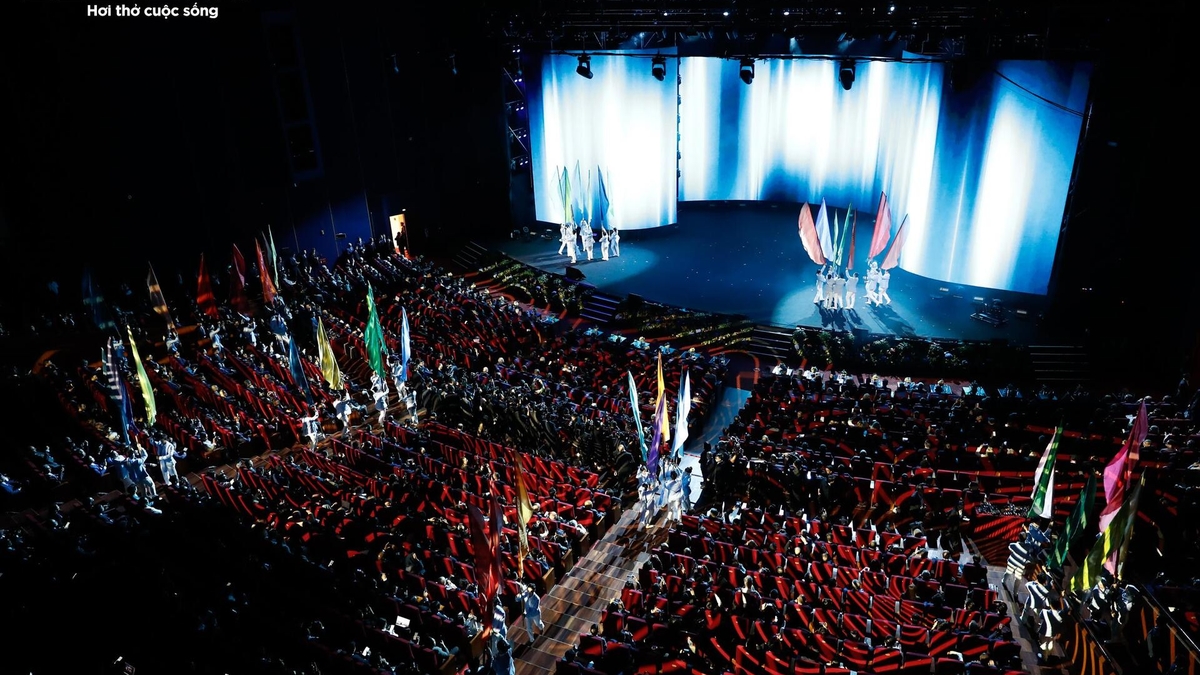



![[Photo] Prime Minister Pham Minh Chinh receives United Nations Secretary-General Antonio Guterres](https://vphoto.vietnam.vn/thumb/1200x675/vietnam/resource/IMAGE/2025/10/25/1761390212729_dsc-1484-jpg.webp)


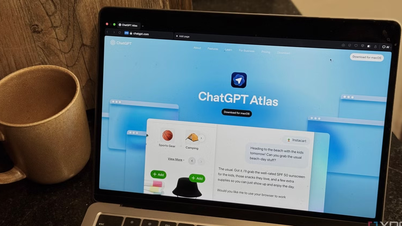
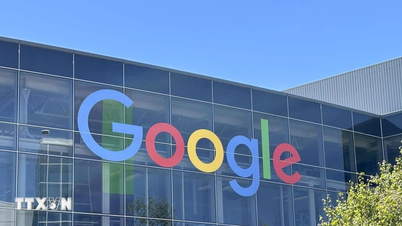



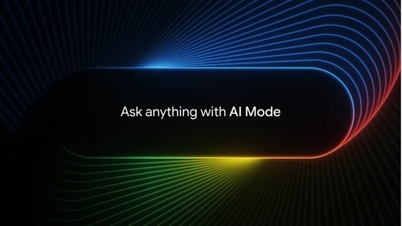







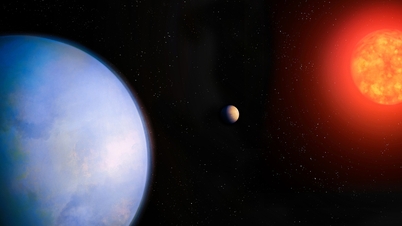

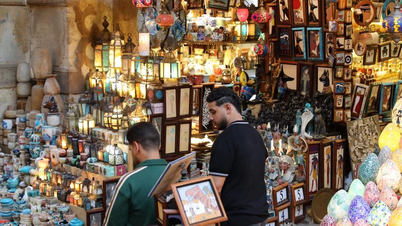







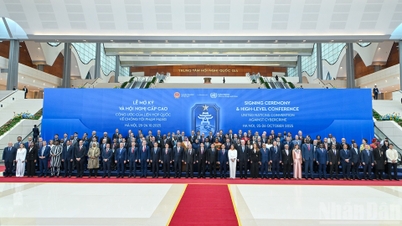

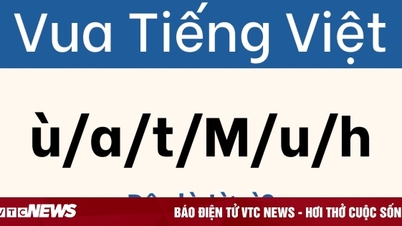
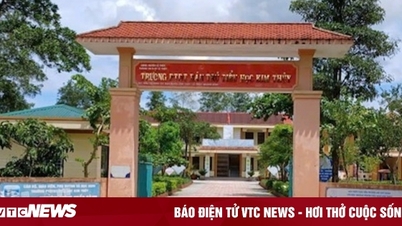
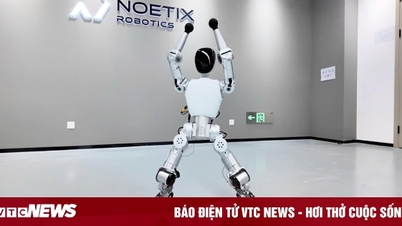
![[Photo] President Luong Cuong receives heads of delegations attending the signing ceremony of the Hanoi Convention](https://vphoto.vietnam.vn/thumb/1200x675/vietnam/resource/IMAGE/2025/10/25/1761377309951_ndo_br_1-7006-jpg.webp)
![[Photo] President Luong Cuong and United Nations Secretary-General Antonio Guterres chaired the signing ceremony of the Hanoi Convention.](https://vphoto.vietnam.vn/thumb/1200x675/vietnam/resource/IMAGE/2025/10/25/1761370409249_ndo_br_1-1794-jpg.webp)






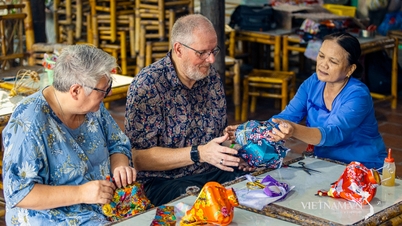

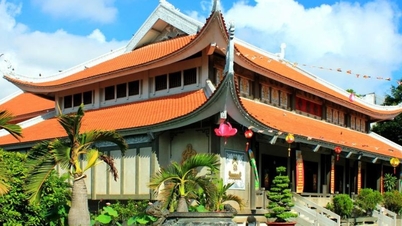









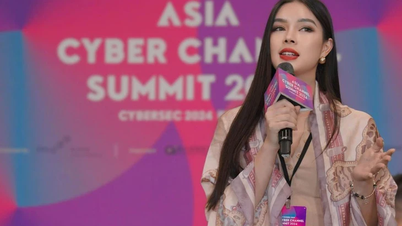
















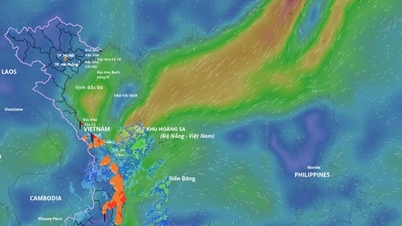






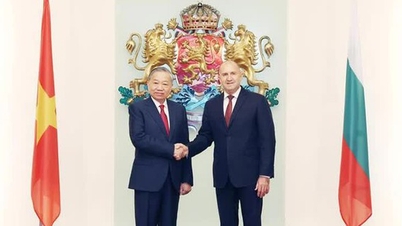

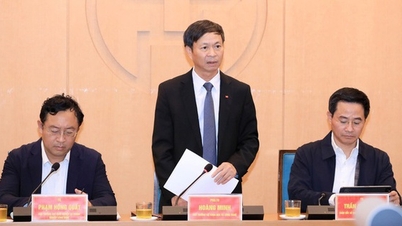
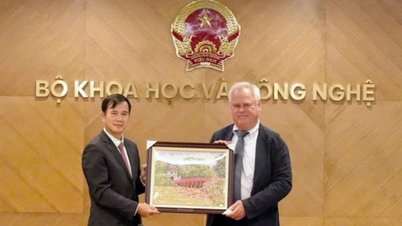
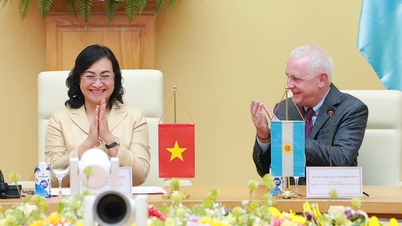

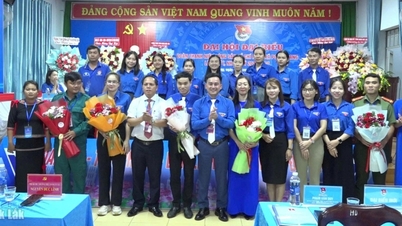

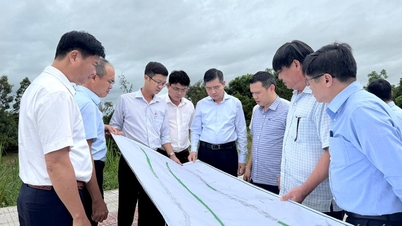
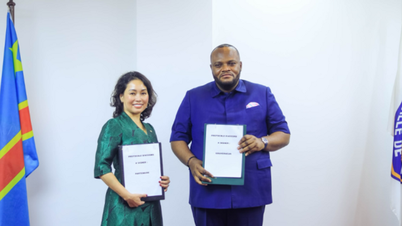

















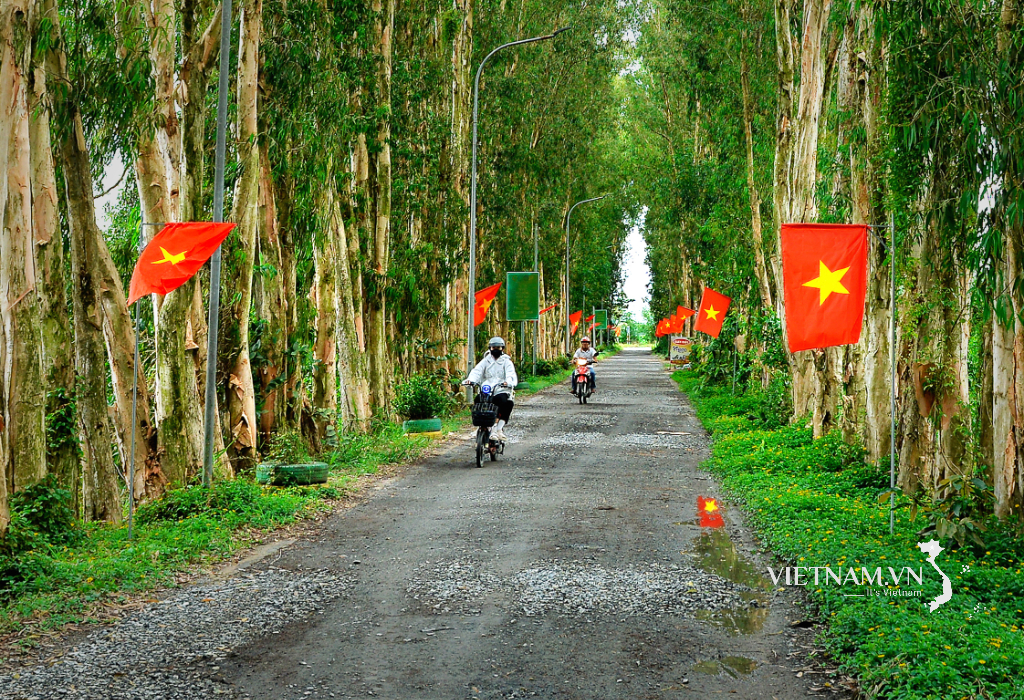



Comment (0)